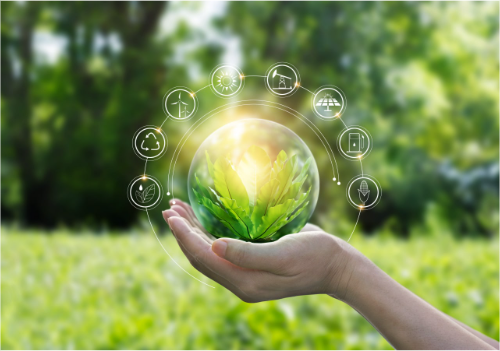15 Energy-Saving Tips For Sustainable Life
Living sustainably doesn’t have to be hard - in fact, there are many easy ways to make your life more environmentally friendly. Here are 15 energy-saving tips that will help reduce your carbon footprint and conserve resources:
Check your air conditioning
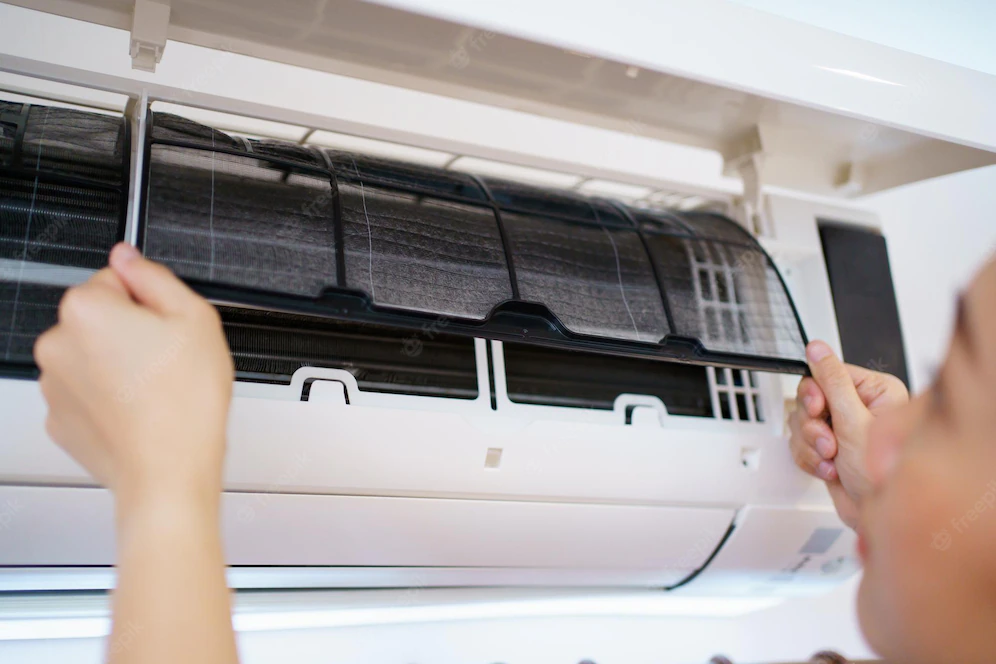
The air conditioner must be maintained regularly over its years of life for efficient operation. Neglect of maintenance causes poor performance and unnecessary energy usage with additional energy costs. It'll sometimes require professional service if you need a service to check your coils, fins, evaporation coolers, or heat pump. You do not require HVAC training to check an air-conditioning unit and ensure the air conditioning unit is working efficiently. Vacuum your air ducts regularly and ensure furniture or other items don't block the airflow. Avoid placing light fixtures in close proximity to the thermostat.
Besides, replacing the air filters is one of the best and most affordable ways of maintaining optimum air quality. Clean and dirty filters restrict airflow in air conditioners. Removing an old dirty filter can reduce the consumption of your AC and air conditioning systems by 15 percent. Clean the filter of an air conditioner once a year. The filter needs attention when the A/C is used continuously and exposed to dust. The air conditioners with an integrated filter are located on the grill facing the room.
Keep Your Temperature Maintained
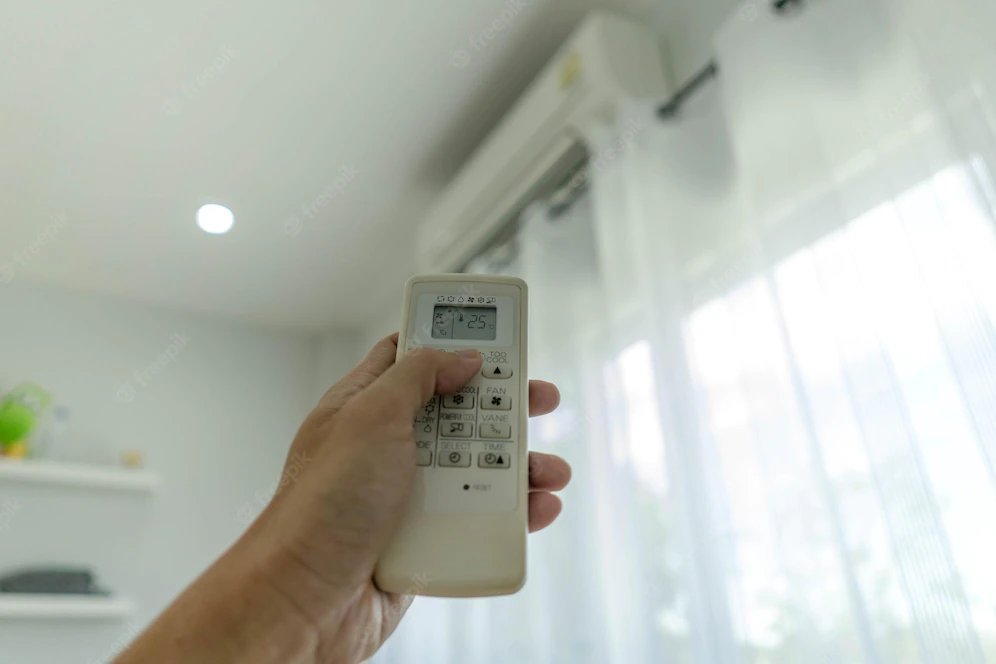
When your furnace runs at 100% power it takes up more energy. The lower the settings for AC, the harder the motor works, and the less power they require. You can follow that approach if the house freezes in the cold or when you return on sunny days. The constant temperature of the room is essential to ensure the best temperature in your house, irrespective of the circumstances. In other words, home temperatures are sometimes a little more high than normal – depending on how you live. It saves energy and keeps your house warm, thus limiting the necessity of running your device in excess of its capacity.
Utilize Smart Technology for energy efficiency
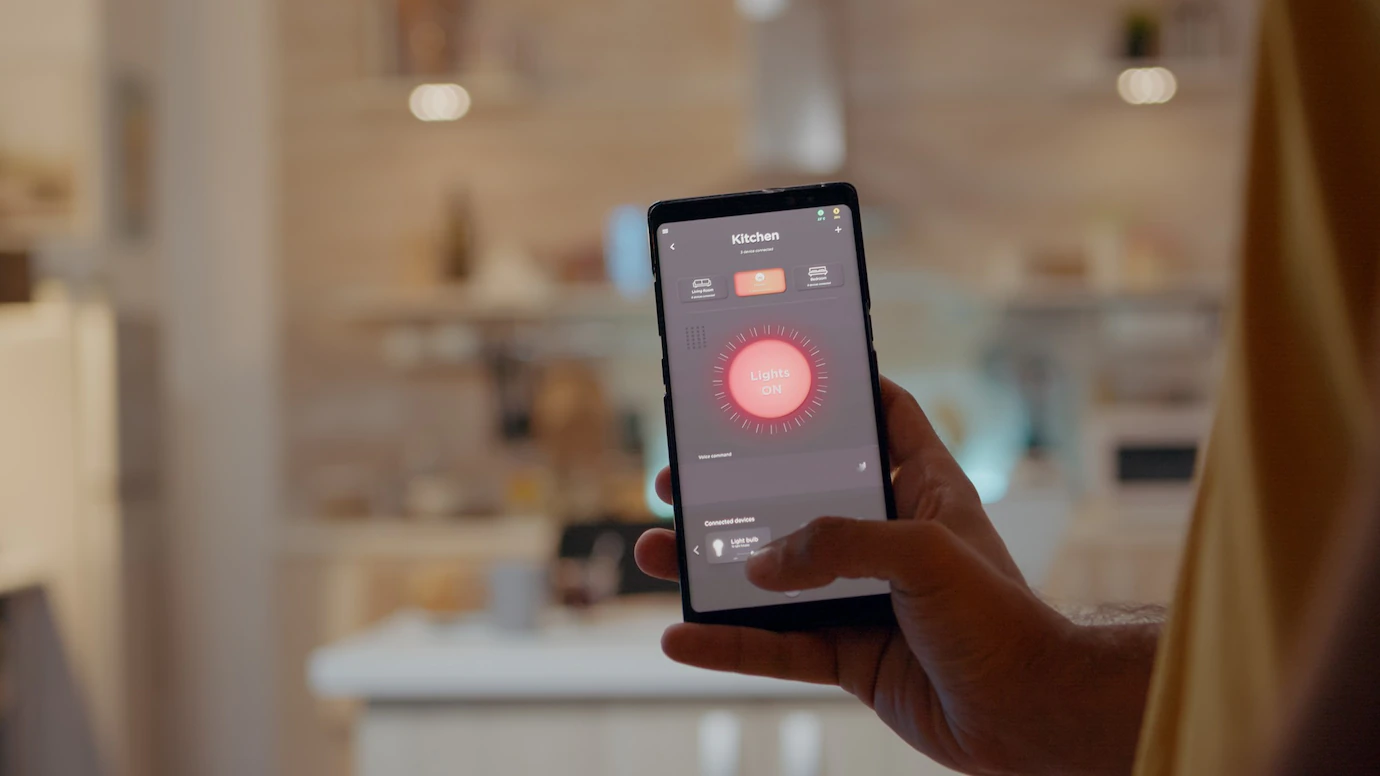
It's becoming increasingly important that automated homes are made. Though it seems to have prompted more technology to increase energy consumption, smartphones do indeed generate huge energy savings! The millennial generation promotes sustainable living through technology. Using smart heating and cooling systems and thermostats reduces cooling and heating costs significantly, thus reducing electricity consumption. With technology such as geofencing, weekly scheduling, and automated comfort mode – you will be able to reduce the amount of energy required for cooling and provide maximum comfort.
Light Your Home Wisely
Can I use a halogen bulb? Do I need to switch to LED or fluorescent bulbs soon? They use less energy, which lasts amazingly longer than the average. Incandescent and halogen light emits more heat than LEDs resulting in more temperature in the household and energy wasted. Incandescent lamps produce 90% of their electricity in the form of heat, while light is used just one-third. LED lights can be used to reduce 90% of energy and can last up to 15 times longer.

Make sure your windows are open during daylight hours as it allows free sunlight and boost energy efficiency!
Use Fans With Your A/C - Cooler with less energy
Running a fan will make you less expensive than running the AC. The cost of installing a fan in the house will actually only be around five dollars. Unfortunately, the incoming hot air does nothing but circulate it. This creates an atmospheric chill that is beneficial in helping people get comfortable while not changing temperatures.
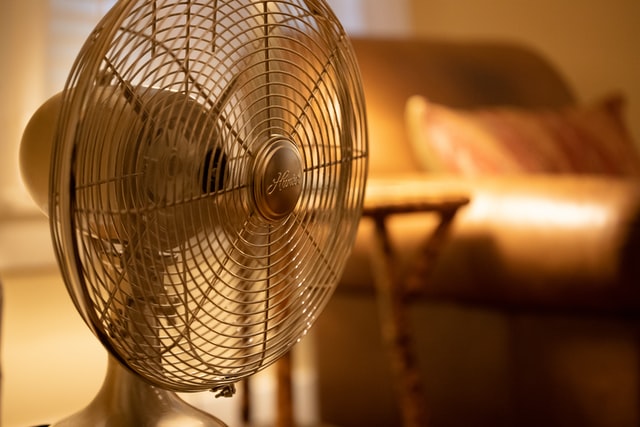
Fans and cooling work well together. When the thermostat is cooled by air, ceiling fans can raise the temperature by up to 4°F and reduce comfort. Keep your fan turned off before leaving for the evening.
Use energy-efficient appliances
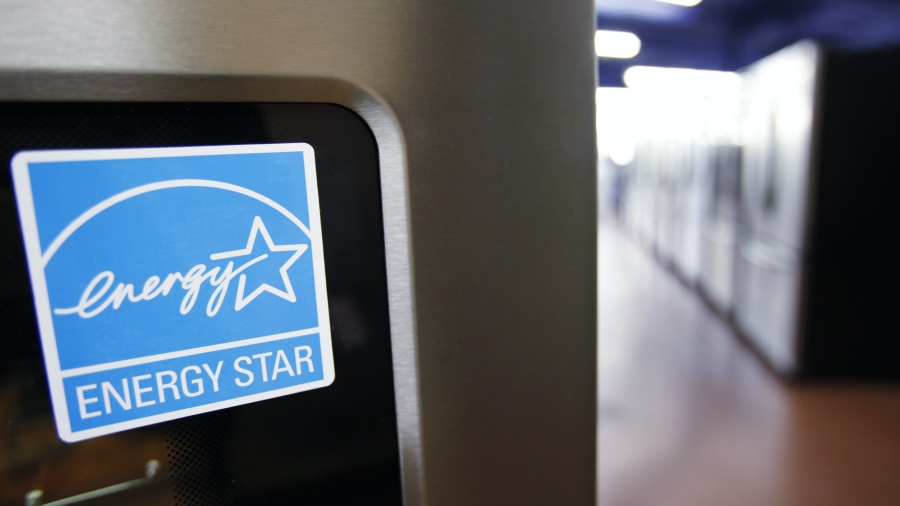
Energy-efficient appliances use minimal energy for tasks similar to those performed using a typical appliance — e.g. Other appliances use energy-saving techniques like solar water heating to reduce electricity consumption considerably. Technologies that focus on reducing electricity consumption have a higher focus on efficiency. Switching may appear costly, but can dramatically reduce your costs over the long term. Energy Star appliances are certified in the United States and help save up to 10 to 50% compared to competitors.
Unplug your devices when not in use
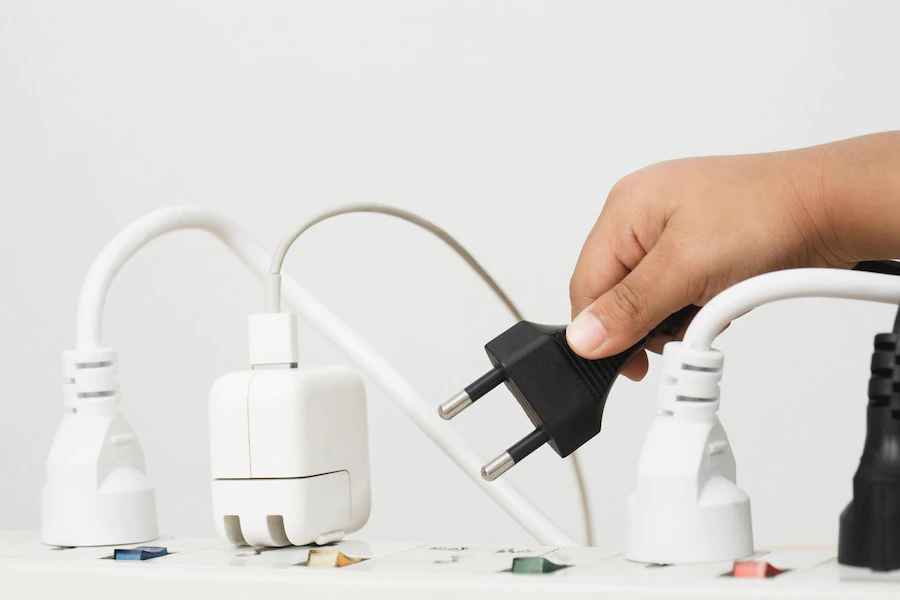
We often don't care how much power we're using. Leave your device in use all day can prolong their lifespan and save energy – called vampire energy consumption. It causes you to burn energy without even knowing it. You should also think about unplugging battery chargers after the device has been fully charged. Charges have a constant charge capacity.
Close the refrigerator door
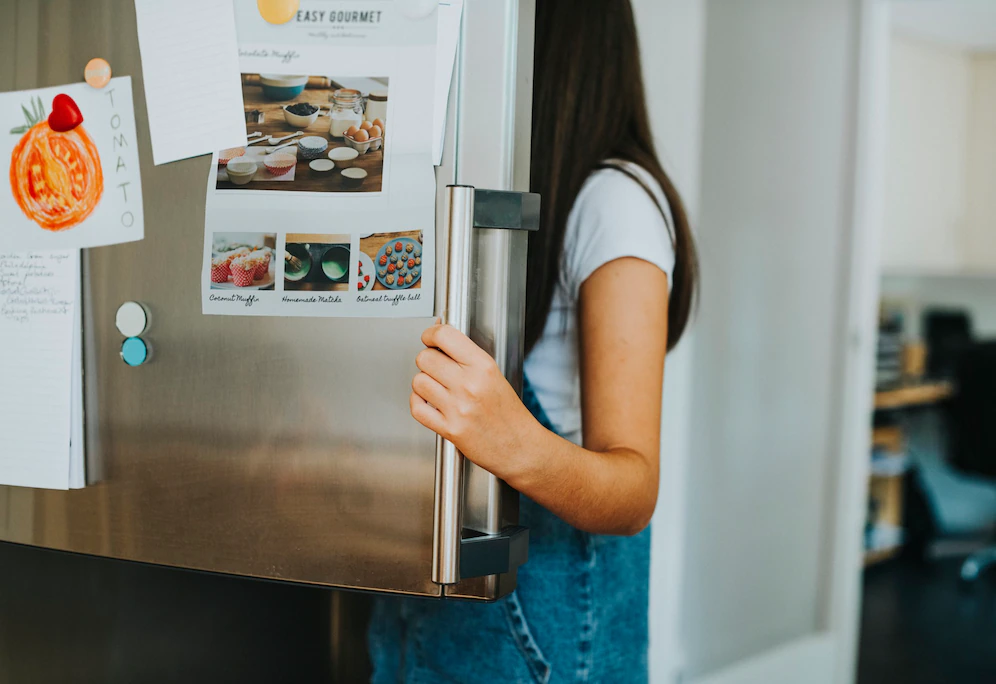
Imagine you are a typical person, so you may have spent the entire day sneering around in your fridge, moving things around, and making sure you had your snack ready. This should be stopped. The longer it takes for the refrigerator to keep its doors shut, the harder the machine is working. When the refrigerator doors are closed the air is released. I suggest deciding on things at a very early age to get them in the smallest period of the summer.
Avoid the oven and do more BBQing

Cooking in conventional stoves adds unnecessary heat to homes and makes A/C work harder. Cook in microwave or slow cooker to stay cool. Make the summer warmer and start a BBQ in the old house. Outdoor grilling can be one of those summer traditions.
Close your blinds

Close your windows at night so that sunlight doesn't cause greenhouses. South and western walls absorb most of the sun's energy so invest in curtains and shade to cover the windows on the walls and close these doors. North-facing windows provide relatively uniform light with little visible light, reducing the effect of summer heat gain. Blinds can be closed and allow natural light into your home without heating the room.
Clean your appliances regularly
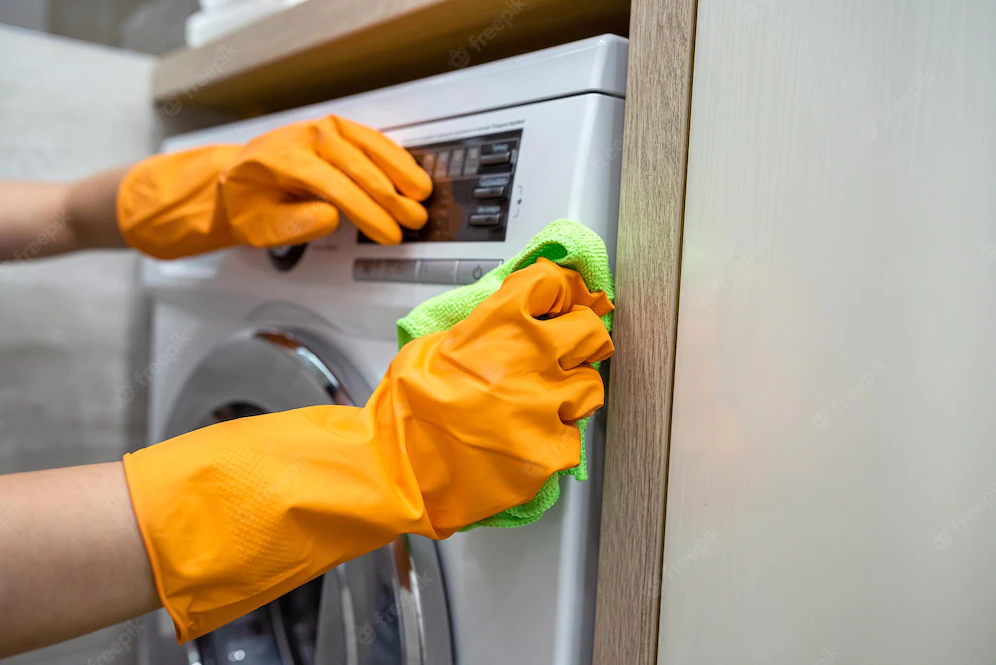
All of our appliances have been cleaned out. Do you clean the house? Bring them up and open the laundry dryer and clean the air filters or remove any dirt and dust from underneath the refrigerator. Please check your device for any blockages! It also reduces waste on your electronics and is safe. When pipes are blocked, vents, ductwork, or airway may not function correctly and your energy consumption can increase too.
Wash Strategically
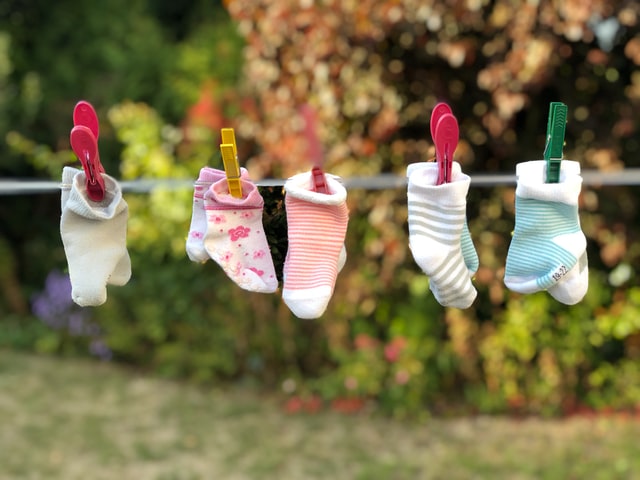
Washers and dryers often generate large amounts of heat. Therefore, you do not necessarily need to use warm water to wash your clothes. In addition, you can dry clothes in the sun to dry naturally. This also helps the clothes last longer.
Use cold or cool water to wash dishes or take a shower
Dishwashers often generate a large amount of heat. Therefore, it is not necessary to use warm water to wash dishes. Try to wash all the dishes in one go (but don't exceed the machine's capacity). In addition, you should manually clean up leftovers on dishes first to reduce the amount of work on the dishwasher and the energy it needs.
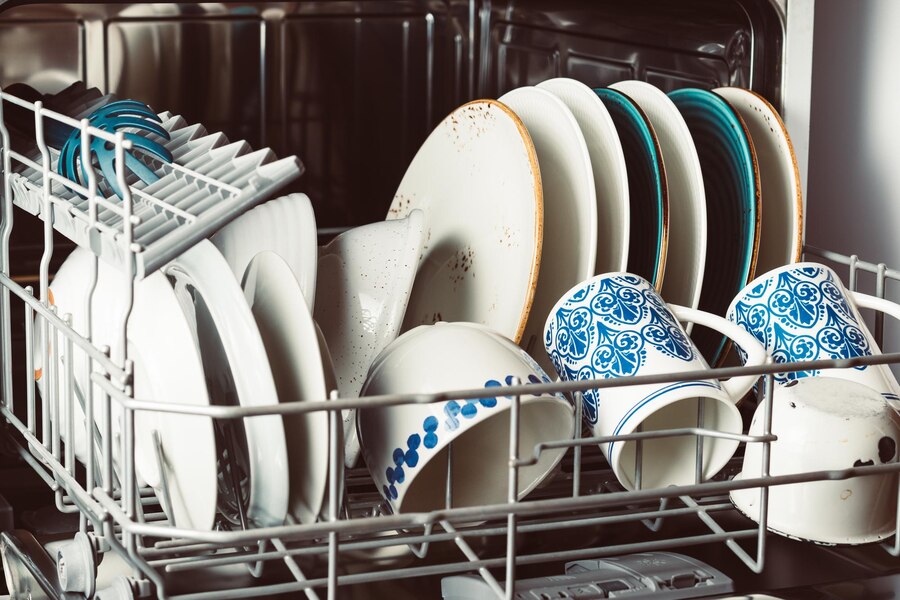
Besides, using cool water to shower is also good for your skin. Especially in summer, the water is usually a bit warm so you will still have a refreshing experience when bathing.
Just such simple things, you are living a more sustainable life easily and effectively.





